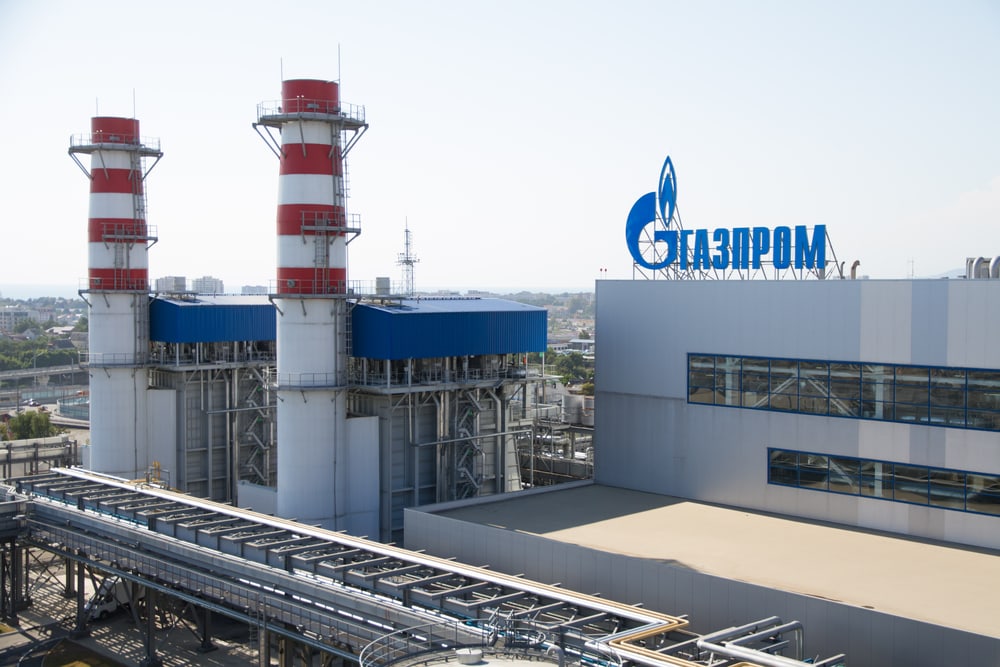EU-wide natural gas procurement could prevent energy peaks
A recent "Policy Brief" by the Center for European Economic Research (ZEW) concludes that joint EU-wide gas procurement would be an effective way to counter rising energy prices.

Joint EU-wide procurement of natural gas would be an effective means of reducing energy price peaks and preventing corresponding dependencies on Russian natural gas. This is the conclusion of the current "Policy Brief" of the Center for European Economic Research (ZEW).
Greater bargaining power
"We assume that centralized procurement is much more effective in the case of natural gas than for Corona vaccines. This makes procurement a valuable policy tool to protect companies and citizens in the EU from sharply rising energy prices," says ZEW economist Leonardo Giuffrida.
One of the main advantages of centralized procurement, according to the expert, is that economies of scale can be exploited thanks to greater purchasing power and negotiating power, and thus lower prices can be achieved. Furthermore, administrative costs are saved because fewer tenders and contracts are required.
Coordination center necessary
Nevertheless, economists also see disadvantages in the approach of centralized procurement of natural gas, such as additional costs due to the need to establish a coordinating body or a central procurement office, or difficulties in adapting to specific local needs.
"In fact, the cost-benefit analysis for natural gas is much more favorable than for other products and services. This is mainly because natural gas is a standardized product," Giuffrida said. Another advantage is the structure of the natural gas market, where there are few incumbent suppliers due to resource monopolies, they say.
Source: Press release









